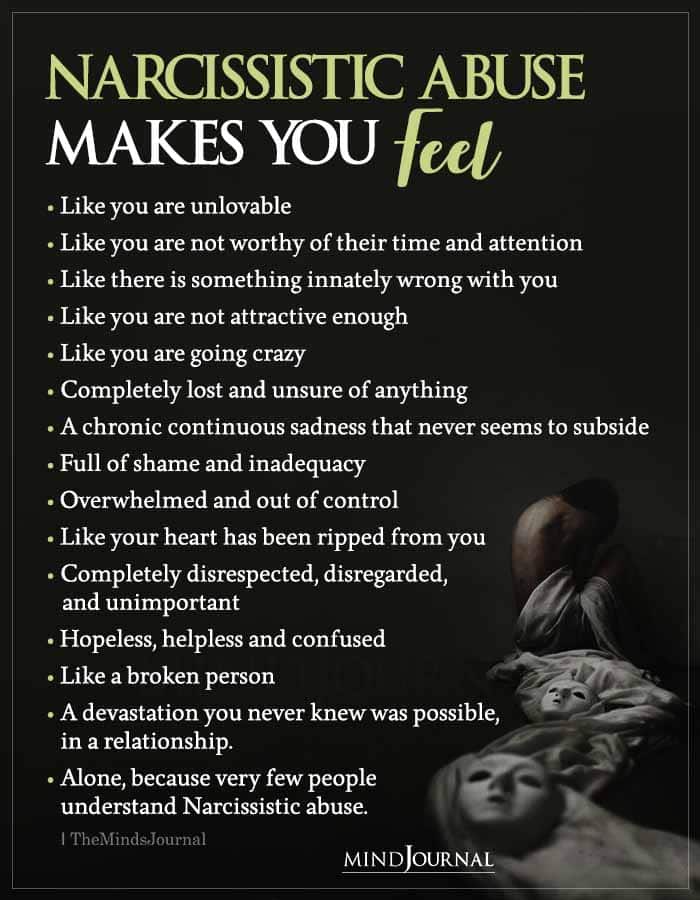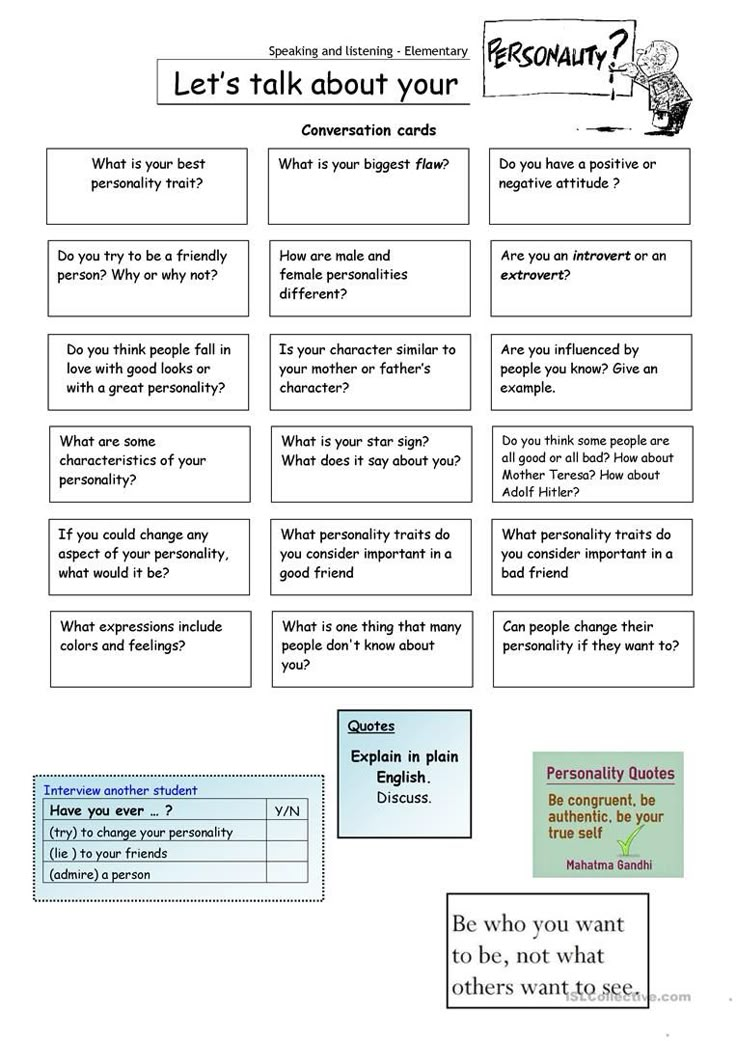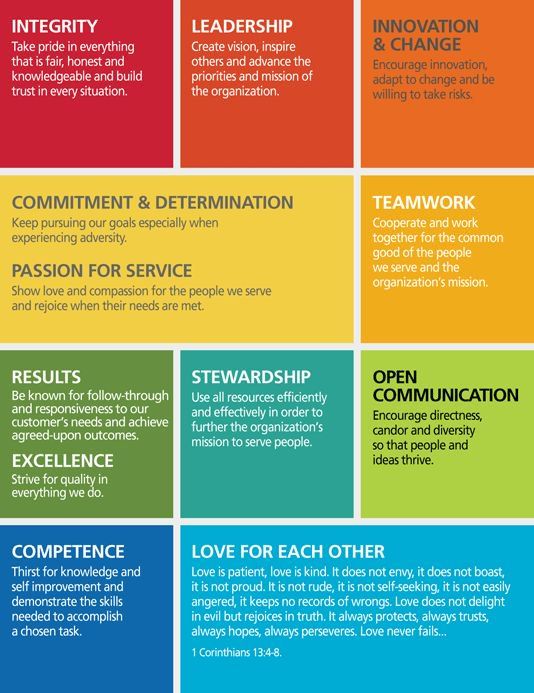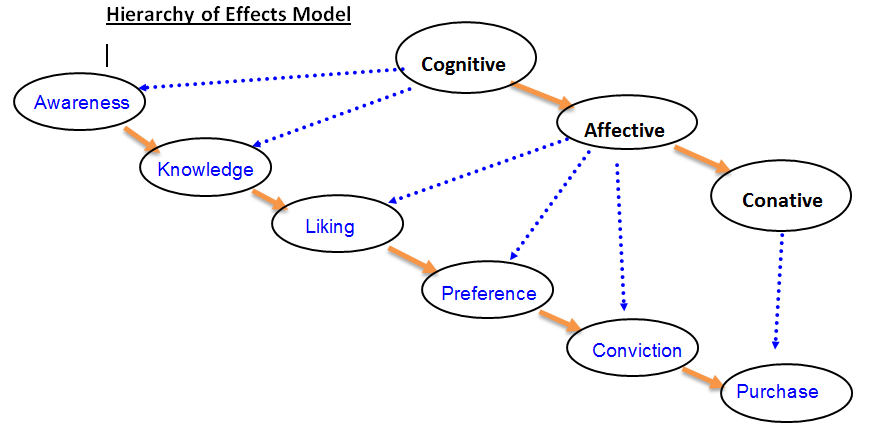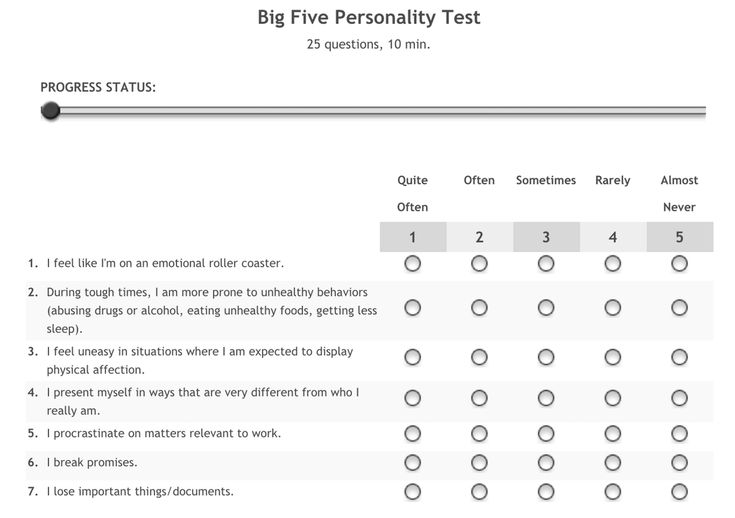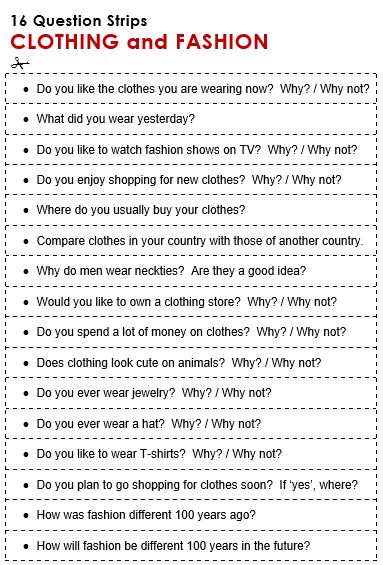How to survive at a job you hate
How To Survive A Job You Hate Until You Can Quit
Do you dread waking up every day and showing up to work? Do you want to know how to survive a job you hate or better yet how to quit a job you hate? There could be a variety of reasons you hate your job.
For instance, maybe you have a toxic boss, your boss is too demanding or you just are uninspired by the work you do. With many people working 40 hours or more a week, it’s dreadful to have to spend that much time in an environment you hate.
It can also be detrimental to your career in the long term. And there are massive psychological effects of hating your job, including physical and mental ailments like insomnia and depression.
Doesn’t sound great, does it? Unfortunately, not all of us can afford to quit our jobs right away. Find out how to survive a job you hate and our tips for hanging in there until you can quit.
No job is perfect. There are things you might dislike about your day-to-day job. As a freelance writer, I dread having to deal with taxes and administration work every quarter.
But how can you tell when dreading your job is really a sign that you hate your job? Here are a few signs you hate your job:
You get anxious at the end of the weekend
We all get the Monday blues but if you spend your Sunday evenings anxious and upset thinking about the start of the workweek, chances are there is something more to it than the dread of Monday. One of the most obvious signs you hate your job is if you agonize over the thought of having to go back to work.
Your productivity and focus have decreased
If you’re unhappy at your job you might find yourself taking longer to complete tasks than you used to. This could also be due to outside factors, such as a noisy workplace or unpleasant colleagues. You may also find it difficult to focus if you’re dissatisfied with your job.
You’re constantly stressed
One of the biggest signs you hate your job is being stressed all the time. It’s a side effect of being in an environment you hate. It could do with the amount of work you are being asked to do or from working in a toxic workplace.
It’s a side effect of being in an environment you hate. It could do with the amount of work you are being asked to do or from working in a toxic workplace.
Psychological effects of hating your job
If you work at a job you hate you could experience psychological effects and be dissatisfied with life. Around half of the U.S. population is unhappy at work, so remember that you’re not alone. There are many others who are also experiencing the same things as you.
If you stay at a job you hate for too long, it could affect your mental health. Here are some of the psychological effects of hating your job:
Stress
When you work in an environment you don’t like, you may feel the need to hide your negative feelings. That can put added stress on yourself. Too much stress can have a negative impact on your overall health.
You might start to feel irritable, feel less focused, and unable to concentrate on your job. Chronic stress can even lead to physical ailments like headaches, nausea, and general pains.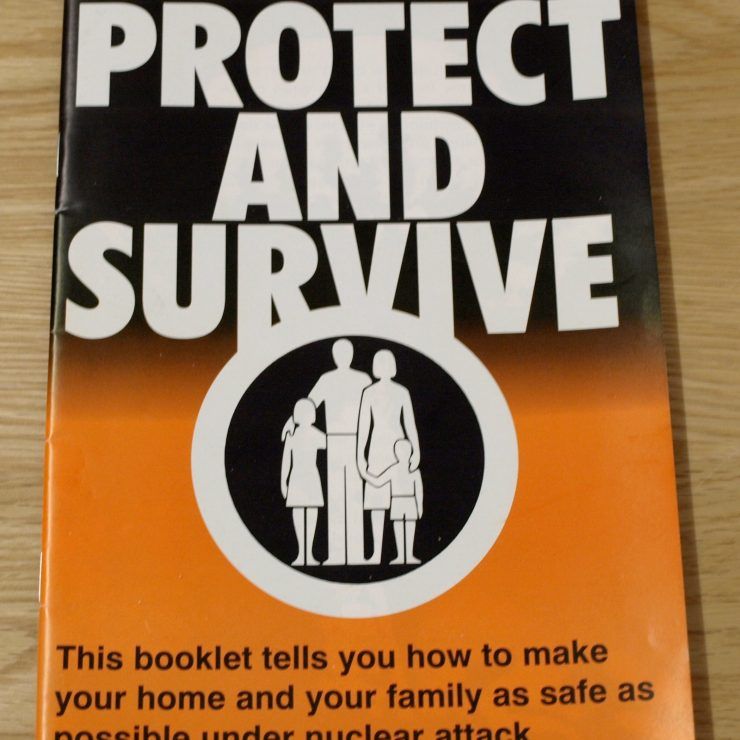
Insomnia
If you are always worried about work and going to work the next day, that could have an impact on your ability to sleep. You could also end up having work-related nightmares, leaving you disoriented and restless the next day.
Anxiety
A toxic work environment could lead to a lot of worry and fear about your day-to-day situation. You might find yourself constantly worried or overreacting to situations. Anxiety can even lead to you being jittery.
Your heartbeat might race even when you’re sitting down and can even lead to anxiety and panic attacks. Anxiety is one of the most damaging psychological effects of hating your job.
How to survive a job you hate
If you find yourself in a job you hate, then it’s important to take steps to remedy the situation. While quitting your job is the quickest fix, it might not be possible right away. Here are some suggestions for how to survive a job you hate:
1. Set small, daily goals
It can be difficult to stay motivated throughout the day if you really dislike your job. One way to overcome that is to focus on the small things. Choose just one or two small things to focus on each day. You can make those goals as personal as you want and even connect them to your broader goals.
One way to overcome that is to focus on the small things. Choose just one or two small things to focus on each day. You can make those goals as personal as you want and even connect them to your broader goals.
2. Find a work friend
Spending time with people we get along with can make even the most boring of jobs bearable. If you don’t already, find a work friend. Someone who you can check in with. Grab coffee or have lunch with them.
Being social is not only good for your mental health, but it will also make your workday much more enjoyable.
3. Decorate your work desk if you can
The space I work in is really important to me. If you work in a cubicle and are able to, bring some things to remind you of the things you love. That can be photos of loved ones, a plant, or art. I fill my desk with artwork from my friends, as it gives me joy to look at art made by people I know.
4. Take a break
We all need to get away from the mundane. Try switching up your routine. Go for a walk during a Zoom meeting, or take an extended lunch break.
Go for a walk during a Zoom meeting, or take an extended lunch break.
You can also check with your boss or HR manager about changing your desk. You might not have a new job but changing your location can help make things bearable until you’re able to quit a job you hate.
5. Talk to HR
If you’re unhappy at work because of the people around you, then talk to the HR department. If you have a colleague that is creating problems and is toxic, chances are HR will want to know.
There is no need for you to be silent about a stressful or harmful situation. Many large companies even have policies in place to report things confidently.
6. Set boundaries with your colleagues
Do you get constant emails or messages from colleagues who expect you to drop everything and solve their work issues? Set clear boundaries with them. Set up a process so they know how to get the information across to you without calling you at 10 PM.
And make sure to be strict about those boundaries. Turn off your email and Slack notifications. Or better yet, delete them from your phone during the weekend.
Turn off your email and Slack notifications. Or better yet, delete them from your phone during the weekend.
7. Practice mindfulness and gratitude
One way how to survive a job you hate is to practice mindfulness and gratitude. Being present even for ten minutes a day can have a huge impact on your health and general well-being.
Spend some time in the morning before you arrive at work to be in the present. And if you have an especially bad day, take a break and focus on your breathing. A job is just a job and it doesn’t need to define you.
How to quit a job you hate
If you hate your job, it’s time to do something about it. Even if your boss is giving you signs that they want you to stay, leaving might be best for you. Before you quit your job though, it’s important to have a plan besides just knowing how to survive a job you hate. So, let's dive into how to quit a job you hate!
Step 1. Update your resume
When was the last time you updated your resume? Make sure your resume is top-notch. Add any work-related skills you acquired at your current job. Triple check and then check again for any grammar or spelling mistakes. You don’t want a simple typo to be the reason your resume was skipped.
Add any work-related skills you acquired at your current job. Triple check and then check again for any grammar or spelling mistakes. You don’t want a simple typo to be the reason your resume was skipped.
Step 2. Save money
If you quit your job before you have another one lined up, it’s important to save some money. Or maybe you need a break and want to take some time off before your next career move.
Either way, make sure you have an emergency fund and three to six months of living expenses saved up before you quit. That way you can take your time finding a job you truly enjoy.
Step 3. Apply to new jobs
The smartest way how to quit a job you hate is to have another one lined up. Check job boards like Linkedin and Indeed for openings in your area or network with friends and family. You can even ask for recommendations or job leads from former colleagues.
A lot of companies are open to remote positions due to the pandemic and it seems like it’s here to stay, as 90% of current remote employees want to maintain some form of remote work. So don’t let location hold you back during your job search. Be sure to check out our completely free course "How to Find a Higher Paying Job!"
So don’t let location hold you back during your job search. Be sure to check out our completely free course "How to Find a Higher Paying Job!"
Step 4. Inform your employer
Whether you have another job offer or just want to take some time off, you need to let your employer know that you are quitting. First, check your work contract to find out if there is a minimum notice period. For most employees in the U.S., the notice period is two weeks.
So if you can, try to tell your boss in person or on a video call. Keep the tone as positive as possible. There’s no need to tell your boss you dislike working for them.
You may need to ask them to write letters of recommendation or confirm your employment details later. You’ll need to follow up with a resignation letter and send a copy to your boss and the HR department.
Step 5. Say goodbye to your colleagues
Let your colleagues know that you are leaving and tell them goodbye. Send individual emails if you can to let them know you enjoyed working with them. If you worked with a difficult toxic coworker there is no need to send them a personal email but you should try to leave on as good a note as possible.
If you worked with a difficult toxic coworker there is no need to send them a personal email but you should try to leave on as good a note as possible.
Be savvy and survive a job you hate until you can quit!
If you find yourself in a job you hate, there are steps you can take to survive until you’re able to quit. Find a way to change up your routine, find work friends, and practice mindfulness. And with some planning and patience, you can quit your job and find a better opportunity.
However, remember to always remain professional and leave on good terms so you will be able to use this job as a reference for the future if needed!
How To Survive A Job You Hate (But Can't Leave – Yet)
There were mornings when I had to pep-talk myself into getting out of bed.
There were commutes when I did an extra lap of the roundabout, just to delay my arrival at the office by ten more seconds.
Days of clock watching, wondering how it was possible that only four minutes had passed since I last glanced up.
Nights of lying awake, running circles in my head, desperately trying to think of a way out.
I planned and daydreamed endlessly of the moment when I'd put my things away at my desk and stand up from that chair for the very last time. But that moment was a long way off.
I was stuck, inert, in a torturous state of suspension.
I hated where I was, but I couldn't leave.
Sound familiar?
What do you do if you're not ready to make your shift, but the day-to-day grind is driving you up the wall?
Here are some strategies from real-life career changers on how they endured (and in some cases actually learned to enjoy) the jobs they weren't ready to leave.
1. Share the load
If I asked you what you hated about your work, I bet you'd be able to reel off a long list of things.
- You feel undervalued.
- You can't stand your boss.
- Your skills aren't being used properly.
- You're just a cog in a machine.
- The office politics are killing you.

But, underneath all of those explicit items on your list, there's something else going on, too.
You're being a big fat faker.
And you hate it.
You get up every day and force yourself into your commute. You walk into the office and you feel heavy and tired before you've even sat down. You have to push yourself to get anything done. And on top of all of that… you smile anyway, don't you?
You say a cheery "Hello!" to your colleagues. When your boss asks who'd like to take on that desperately boring project that you just know will be a train wreck before it's even started, you put your hand up, right?
Your whole day is a series of little lies. And that's not who you are.
But you started doing it in small ways a long time ago: papering over the cracks. And as the cracks have slowly grown, so has the amount of time you're pasting a smile over the top of disinterest and frustration. It's been an insidious creep of inauthenticity, and it's eating you from the inside out.
This inauthenticity is at the core of most people's frustration with their work. It's what turns "I don't love my job" into "I cannot stand this life any longer".
Maybe you can't be entirely open about how you're feeling, all the time, but you can probably share the load with someone at work: an understanding colleague or a supportive boss.
Who could you share how you're feeling with? What would allow you to be authentic, find some relief and start creating solutions, even in a small way?
"I had a group of of people around me, and we used to moan about work all the time. That was just a part of day-to-day life.
"And then there was a team leader I worked with. He was about the same age as me, but further ahead on the career ladder in the company. I decided to trust him and I confided in him about how I felt. And he said he was thinking about the same thing; he completely understood how I felt.
"I didn't expect that from him; it was very moving and reassuring, and it gave me the validation I needed to know that how I was feeling was OK. " – Richard (founder of Careershifters)
" – Richard (founder of Careershifters)
2. Reduce your hours
One of the most important principles we teach at Careershifters is that new ideas and opportunities come from new experiences.
And when you're working full time, getting time and headspace to have those new experiences is a real stretch.
So, although it might feel like a pipe dream, asking to reduce your hours can be an incredibly effective way of accessing more time and energy without compromising your security.
This isn't an option for everyone, but it's well worth considering. Many people are gloriously surprised by the freedom and support they can get if they just gather the courage to ask.
Maybe you'll get a no. Maybe it's uncomfortable. Maybe you're worried about the consequences.
But maybe you have more options than you think, especially if you start with a small reduction in hours.
And the impact can be incredible:
"Mainly it helped me unravel a large part of my identity from the job.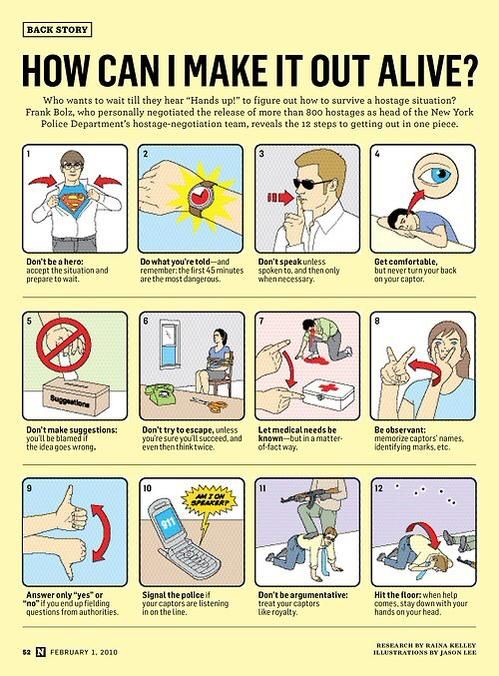 My story when I met people then became: 'I work a few days a week at a corporate job, however, what I'm trying to do is this other, more interesting thing'.
My story when I met people then became: 'I work a few days a week at a corporate job, however, what I'm trying to do is this other, more interesting thing'.
"It's helped me gain perspective and to be less fearful, knowing I would survive if I left the job as I'm already OK with far less money. It's increased my physical and psychological energy, for sure. I have more space to pursue other things, and a feeling of already having one foot out of the door.
"It also meant that outside of the 9–5 office role I could mix with people who worked differently. For example, I started to learn Spanish, and in the course there happened to be a bunch of women who were all entrepreneurs.
"Locked in an office all week, being too tired in the evenings or weekends to do much else, meant that I wasn't even mixing with anyone who wasn't doing the same corporate grind, getting no exposure to fresh ideas.
"I did the hours reduction in quick stages – half a day, then a full day, now my hours are in the 20s and I want to reduce them further soon.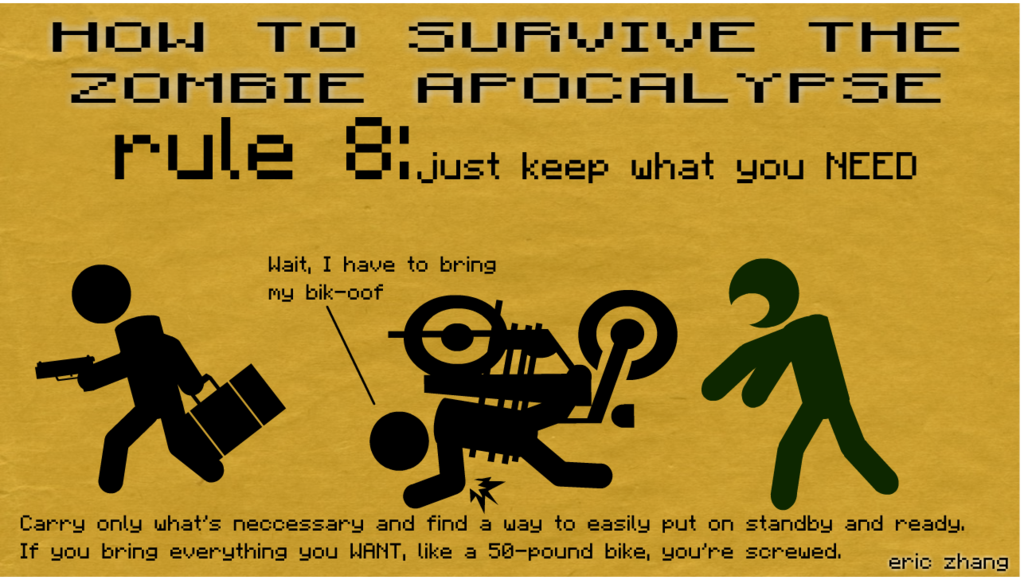 " – Kirsty (Oct 2014 Career Change Launch Pad participant)
" – Kirsty (Oct 2014 Career Change Launch Pad participant)
3. Zoom out
You've been working on this spreadsheet (or sitting in this meeting, or trying to make a sale to a nightmare prospect) for ever, and you just can't bring yourself to care any more.
The day-to-day reality of most jobs isn't deeply inspiring and exciting. There will always be tasks and things to do that feel like hard work.
But there's something bigger at play, too.
No matter how mundane your job might feel, your work is in service of something that matters.
And connecting your immediate task with that bigger 'something' can bring a little extra motivation and enjoyment to what you do.
Find a way to get connected with the 'why' of what you're working for.
Maybe sitting on the phone with a disgruntled client isn't your favourite thing to do. But once you remember that you have the power to turn someone's bad day into something to smile about, it's a lot easier to throw yourself into the conversation.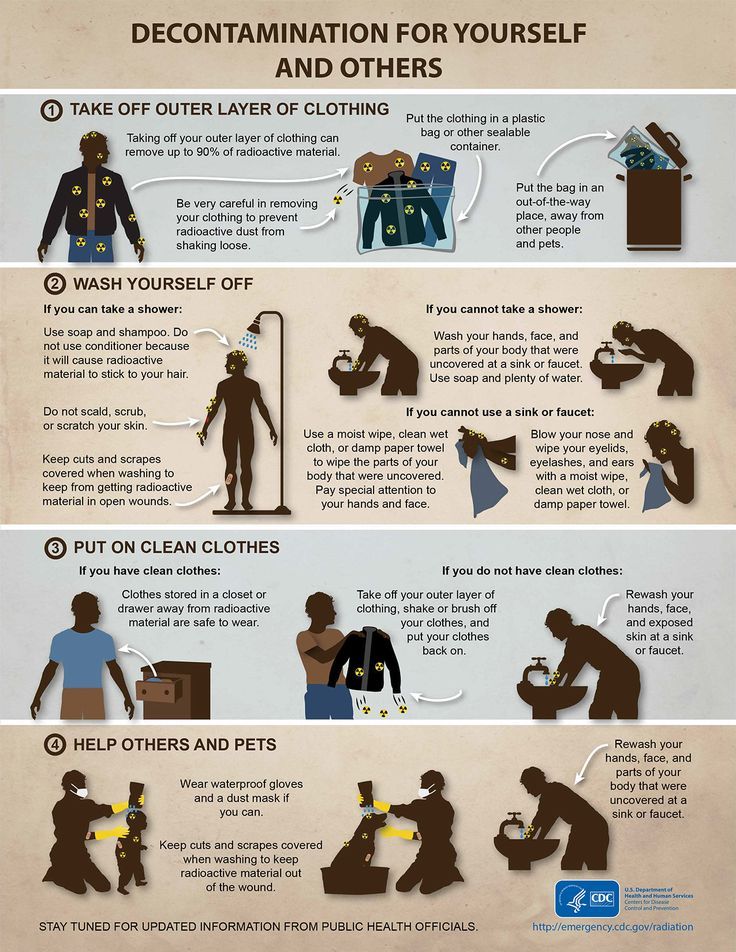
Or perhaps crunching the numbers for the last big project you worked on feels like a nightmare task. But when you think of the impact that the information could make on the number of people you could help next time around, it won't feel so worthless.
Develop your own way to remind yourself of your bigger 'why'.
"I work for a well-known tyre company. Making and selling tyres isn't a very inspiring or meaningful cause, and I talk a lot about how I want to find a career where my day-to-day job has a real impact on people.
"One day I had a call with a client who let me know how much my work was helping them, and I realised that I can make an impact on the world, even if it's just with the people I get to work with right now.
"I wrote that client's name on an index card and I keep it stuck to the corner of my computer screen. When things feel like they couldn't get any less inspiring, it's a great reminder that even the boring, tough stuff can be worthwhile. " – Dean (customer service manager)
" – Dean (customer service manager)
4. Choose your superpower
If you're feeling as though your skills are underused and undervalued, or as though your life has become a Groundhog-Day-esque circus of sameness, it's time to turn up the volume.
Pick something specific that you're interested in, and take it on as a challenge. Maybe the one part of your job you enjoy is designing and making pitches to potential clients.
Focus on it. Read everything you can find about public speaking and presentation skills. Take a free online course in your spare time. Do whatever you need to do to get really, really good at the part of your job you enjoy the most, and bring it into your day as much as you can.
No clear need for a presentation at this team meeting? Ask your boss if you can do one anyway. Find clients and potential partners you wouldn't normally pitch to, and pitch to them.
It feels amazing to grow and develop and be really, really excellent at something, and people will notice.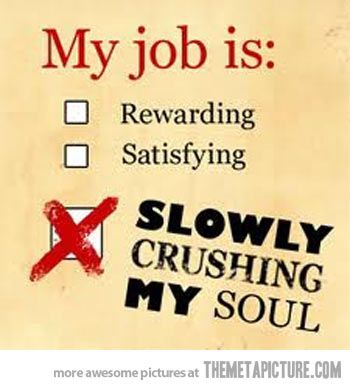
The better you get, the more likely you are to be asked to do more of it. And the more you do, the better you get.
Plus, when you're finally ready to make your shift into a new career, you'll have an extra string to your bow to impress potential new employers, business partners or clients.
"I had a think about what I was doing and realised there was one part of the job I actually really enjoyed: organising and promoting events and doing photography. So I started squashing in the parts I don't particularly enjoy (course marketing, admin, finance stuff), and realised that they didn't take me that much time if I worked really quickly.
"That then left me more time for the other stuff, so I decided to refresh our photo library and have been able to organise new photoshoots. I've also been more proactive on the events side by proposing new events to run with a colleague that I'd previously worked with.
"No-one has seemed to notice what I'm doing, and it makes the work day less of a pain. " – Miranda (Feb 2015 Career Change Launch Pad participant)
" – Miranda (Feb 2015 Career Change Launch Pad participant)
5. Take on a secret side-project (at work)
What makes a work day feel good?
When you come home with a smile on your face, what was it that put that smile there?
Figure out what makes a difference to you, and turn it into a secret project to get more of it into every day.
Love making people happy? Set yourself a challenge to do three random acts of kindness every day. Find five minutes to help your colleague with her project when she looks like she's stressed out, and make sure you leave her laughing. Secretly put a bunch of flowers in the middle of the table in the meeting room. Have an impromptu dance party in the kitchen.
Feel like you're trapped behind your computer all the time, and missing human connection? Turn conversations into a game: how many new people can you meet at work today? Do you know the caretaker by name? What does that woman on the other side of the office actually do?
"It sounds mad, but making an effort to be extra nice to my colleagues really helped.
"Making someone a cup of tea, asking how their weekend went, helping someone out with a problem, etc.: all of that helped take the focus away from my awful job and my awful boss!" – Corinna (Feb 2016 Career Change Launch Pad participant)
6. Take on a secret side-project (at home)
Just because you're not able to leave your job now doesn't mean you can't start working on your shift right away.
And having a secret side-hustle can work wonders for your mood and motivation.
Whether it's something like our Career Change Launch Pad, starting your business, or simply learning a new skill, nothing feels quite as good as making progress on your shift.
Why?
Because half the despair of feeling stuck in a job you don't enjoy comes from feeling like there's no way out. You wouldn't know where to go, even if you did quit today. Or you have an idea of what you'd like to do, but you don't have the experience you need to be taken seriously.
By building up experience, clarity, and an escape plan, you're de-risking your situation. You're not going to make the mistake of a reactive shift. You're not going to find yourself stuck in the same place a year from now.
You're not going to make the mistake of a reactive shift. You're not going to find yourself stuck in the same place a year from now.
And the confidence and energy this can provide you with is priceless in your day-to-day.
Even if it's just an hour a week, choose something to go to work on and turn it into your secret project.
"I decided I was going to give myself six months to learn how to code. It wasn't my dream job, but I knew it was a useful skill, and something that could potentially give me a lot of freedom to travel and work on my own terms while I figured out my 'real' next steps. I signed up to two courses: one online and one in-person at a local adult learning centre.
"It was so much fun. In quiet moments at work or in boring meetings, instead of thinking about how terrible my job was, I was planning my next website or solving a programming problem in my head.
"Having something different and enjoyable to focus on made all the difference. " – Erica (operations manager, NHS)
" – Erica (operations manager, NHS)
7. Shift your focus
"What you focus on, grows."
It sounds like New Age, unrealistic hype, but it's worth paying attention to if you can't seem to escape the feeling that everything is doomed and there's no way out.
Here's the thing: the more convinced you are of the idea that your situation is awful, the more you'll find evidence to back it up.
"See? He's making another cup of coffee. Clearly everyone here is as disillusioned as me, and he can't be pulling his weight because he's always by the kettle."
"See? They're making me do all the name tags for the event. Menial work. They have no appreciation for my skills."
Your life becomes a day-to-day exercise in proving yourself right.
And this is what the inside of your head starts to sound like, all the time: self-righteous and hard done by, not because that's the kind of person you are, but because of where your gaze is fixed.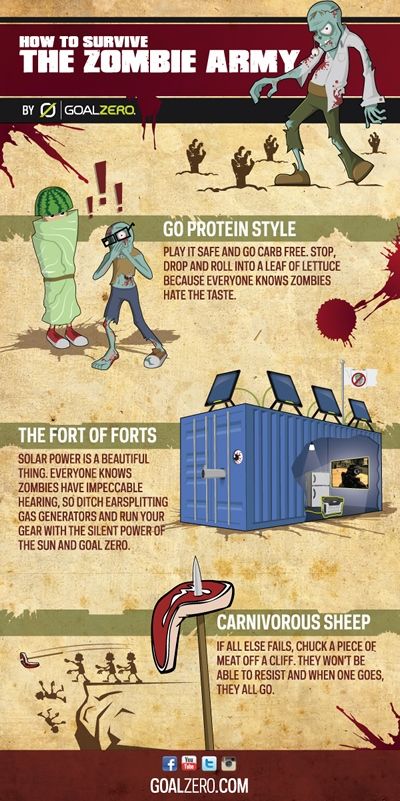 It's even worse if you allow that stuff to come out of your mouth.
It's even worse if you allow that stuff to come out of your mouth.
What you focus on, grows.
Maybe that colleague of yours is avoiding work by making 14 cups of coffee a day. They're procrastinating and hiding out, AND they could be exactly the person you can share how you're feeling with, becasue you know they'll understand.
Maybe you do have to print and cut up three hundred name tags this afternoon, AND you get to do it with a colleague you don't know that well. It's a boring task that doesn't use your best skills, AND it's a great chance to get to know someone new and give your giant brain a break.
However eye-rollingly Pollyanna it might sound, nothing is doomed and fundamentally awful. There's something to be celebrated in everything, if you look hard enough.
"For me, it really is a matter of focusing on the positive and being grateful for as much as possible.
"Is your job close to home, and thus your commute short? Be grateful! Do you work for a highly reputable firm that will look good on a CV regardless of your personal experiences there? Be grateful! Do you love your co-workers, but hate your boss? Be grateful – after all, you could be in a situation where you hate all of them! Ha!
"I know it sounds trite, but if you are truly 'stuck' there, you have to find a way to make the best of it.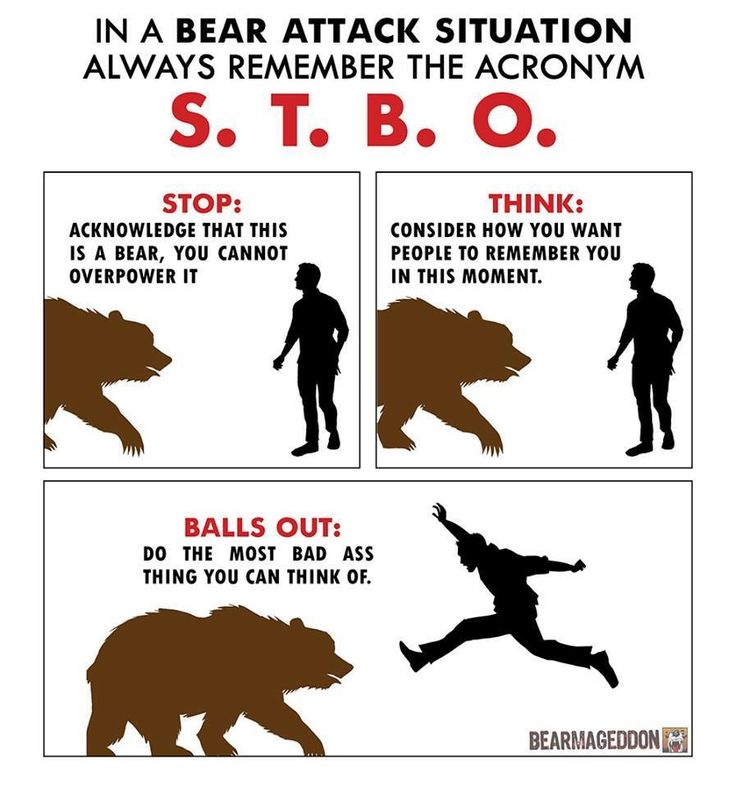 And I personally know of no better way to do that than to focus on the positive and on what you can control." – Cathy (programme manager)
And I personally know of no better way to do that than to focus on the positive and on what you can control." – Cathy (programme manager)
8. Take the lead
One of the uncomfortable truths that nobody likes to hear is also one of the most empowering things you can consider: nobody owes you anything.
Nobody's here to argue that it's not wonderful when your boss has your back and your team is working like a well-oiled machine, and there is always, always paper in the printer.
But it's not your boss's job to have your life work. And if the IT guy is always late, there's probably a reason why.
Waiting for someone else to fix things (while simultaneously being miserable because your life isn't how you want it to be) is not a useful course of action.
What could you take on to have things be better at work? How could you lead the charge towards a more fun working environment, or a more efficient email system, or a flexible working policy?
If you're feeling unfulfilled and unhappy in your career, mustering the motivation to take the lead on something probably isn't going to feel like the obvious and enjoyable thing to do.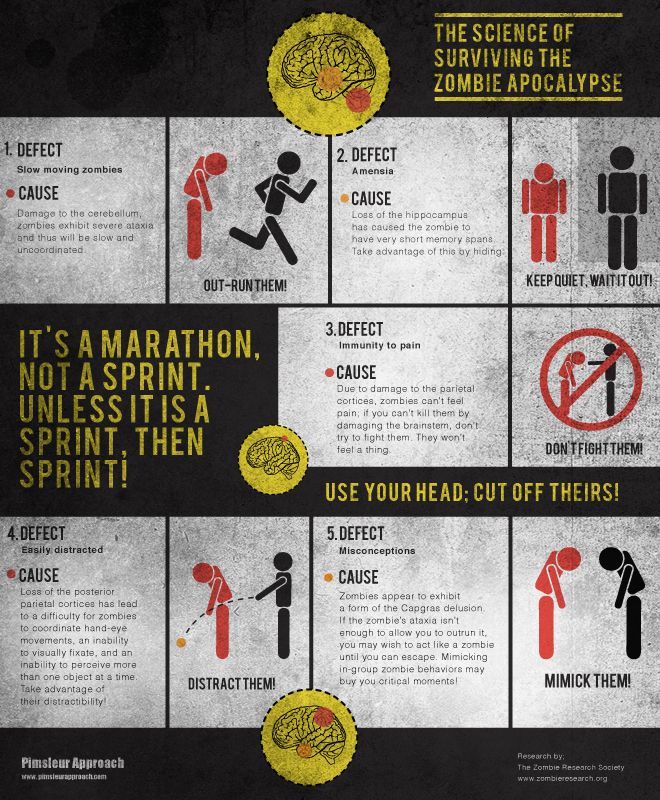
But if it matters to you, then it's up to you to change it.
And if it matters to you, it probably matters to other people, too.
Think about the one thing that could make the biggest positive impact in your workday, and let your boss know you'd like to work on improving it.
It could be as simple as finding a way to share all the positive feedback you get from clients with the whole team, as soon as it comes in.
It might mean finally gathering the courage to negotiate a day of working from home, on an experimental basis.
Or it could be something bigger and more complex – something you'd need to re-structure your day to implement.
Whatever it is, step up to the plate. Find the people you'd need on your team. Take the reins.
"In my business development role I was tired of chasing after corporate accounts and doing things I didn't find fulfilling.
"However, when I took a step back, I thought about what was missing from my role and what I'd like to do more of, and considered ways to bring this into my role.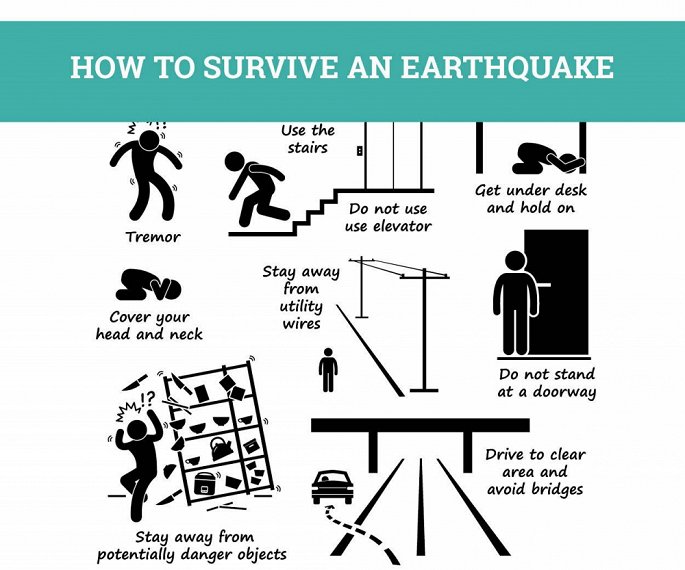
"I wanted to network with people whose work I found interesting and I wanted my work to have more social impact. So, I started networking with local third sector organisations and community groups and finding ways that we could collaborate with them to provide services that helped a different client group.
"Not only did I start enjoying my existing job much more, it also gave me the kind of experience I wanted to have on my CV. This was a total game changer when it came to looking for my next job, as it gave me clarity on what I really wanted and experiences that I could talk passionately about with potential employers." – Matt (June 2015 Career Change Launch Pad participant)
9. Fill your tank
Working in a job that doesn't excite you is draining. It takes energy to get yourself to work in the morning, to motivate yourself throughout the day, to work those extra hours on the task you've been dreading for weeks. And when you're coming home exhausted and empty at the end of the day, the thought of doing anything else can feel impossible.
But with all that energy going out every day, it's vital to find ways to get some energy coming back in.
Everyone has something that fills their tank.
It might be exercise, or art, or spending time with friends. It might be getting out into nature on a regular basis. There's something out there that leaves you feeling energised and refreshed, every time.
And even if the thought of making and taking time for it feels impossible and tiring, that 'something' can be your lifeline.
Exhaustion and frustration are signs that you're undernourished, physically and emotionally. And you need to feel nourished to make it through this in-between stage of a career change.
Assign time for yourself. Protect it fiercely. Do what you need to do to refill your tank.
"Monday and Thursday evenings are pure 'me' time.
"My husband takes the kids, and I go running in the park with a friend or shut myself away for an evening with my yoga and my books. I used to feel like I couldn't find the time or the energy to do anything outside of work, but since I've been doing this, everything's got easier.
I used to feel like I couldn't find the time or the energy to do anything outside of work, but since I've been doing this, everything's got easier.
"I have quiet time with myself inside my head to check in and think a little, and it's easier to get through the week knowing that I've got a treat on the way." – Diane (civil servant)
A little extra goes a long way
Not all of these strategies are going to be suitable (or even attractive) for you. And it's very unlikely you'll be able to put all of them into practice.
But choose one or two to play with over the next month. Experiment. Throw yourself into the process of exploring – what eases the stress and the boredom? Is it possible you could not just survive, but thrive at work, in this in-between career-change stage?
You matter. Your well-being matters. Your ability to feel strong and grounded and forward-facing as you move toward fulfilling work, matters.
Which of these strategies could you start using this week? Let me know in the comments below!
What if I hate my job? Psychologist answers
Reason and feelings
Adriana Imzh
December 8, 2016 15:15
Afisha Daily continues to ask psychotherapist Adriana Imzh questions about relationships with oneself, people around and the world. This time we figure out what to do if you hate your job, but depend on it financially.
This time we figure out what to do if you hate your job, but depend on it financially.
The situation is a stalemate, of course. But let's try to figure it out.
Surprisingly, attitudes towards work also have a cultural connotation. In different cultures, work is treated differently: in Spain, in Israel, in the USA and in other countries, many people love their work and go to it with pleasure, rather upset if there is no work. nine0013 It has to do with goals and values.
In Russia, children are rarely explained why work is needed and why it is valuable. Why it is good to work, for example, as a baker or a carpenter. Much more often, children are oriented either simply to financial success, or to some positions associated with power or social prestige: bosses, doctors, financiers, lawyers. Therefore, adults often suffer from the fact that their expectations and goals are not realized in work. In countries where it is simply important that you work and benefit people, there are fewer people who are disappointed with work. nine0003
nine0003
It is important to ask yourself: why do I hate my job? I don't like the people I communicate with? I don't like what I'm doing? Did I expect that I would lead a different lifestyle at my age? I came into this profession to do one thing, but I have to do something completely different?
And it seems important to me to start with the fact that many of us lack respect for our work. Am I doing something, is it not a criminal offense and is generally aimed at improving life (mine or other people's)? I'm fine fellow. It's already work. Maybe not the best, but valuable. At least for me. Yes, there are certainly people who earn more than me and live more interesting, richer, better, more comfortable. But my work is important. If I don't respect him, what can I expect from others? nine0003
The second problem is relationships between people. Quite often, relations in teams are not very pleasant, there are many negative assessments, competition, sluggish conflicts can smolder for years.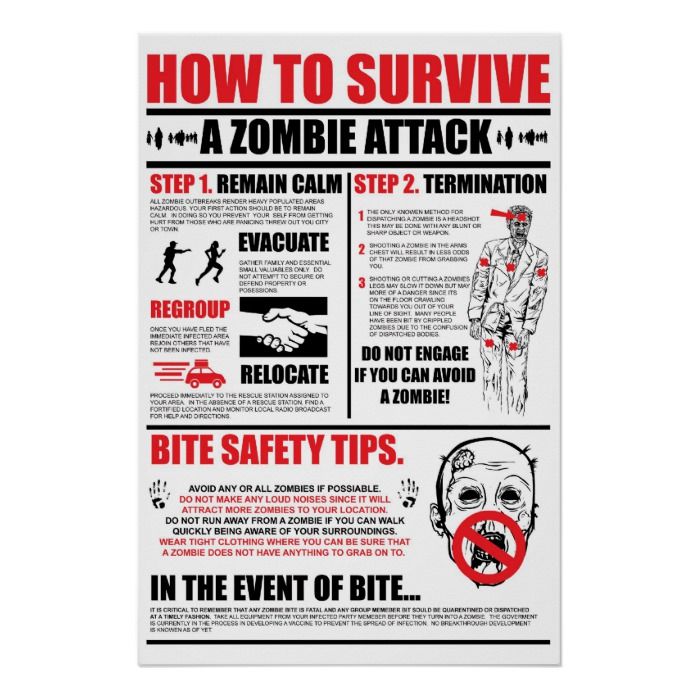 Corporate activity and team building are most often perceived with aggression and resistance - there is no desire to recognize colleagues, imbue them and interact. But this is a very important point - people spend many hours in a team, and at least one friendly colleague with whom you can have lunch and chat near the kettle significantly relieves psychologically. nine0003
Corporate activity and team building are most often perceived with aggression and resistance - there is no desire to recognize colleagues, imbue them and interact. But this is a very important point - people spend many hours in a team, and at least one friendly colleague with whom you can have lunch and chat near the kettle significantly relieves psychologically. nine0003
Sometimes there is a lack of someone in the collectives who could be friendly to everyone, organize activities, hikes, events - just such that everyone would have fun. You can become such a person (if you want, of course).
If not at all, methods of psychological relief help: draw comics about your crazy serpentarium or write stories, publish a wall newspaper - even if only for yourself, support colleagues in battles against each other, mentally placing bets on who will win. Mental distancing from the process of unpleasant actions or communications significantly reduces the level of irritation. nine0003
When there is a discrepancy between what I do and what I would like to do, in some cases it helps to go to school - either to improve my qualifications or to get a new profession. This, firstly, gives hope for a change in the current situation, and secondly, it allows you to do something new and interesting. When in painting classes someone says: “Lord, how tired I am of working as a physics teacher!” - there will surely be someone who will sympathize and support, while in the school teacher's room it is much more likely to hear - "We are all tired, and nothing - we are silent." nine0003
This, firstly, gives hope for a change in the current situation, and secondly, it allows you to do something new and interesting. When in painting classes someone says: “Lord, how tired I am of working as a physics teacher!” - there will surely be someone who will sympathize and support, while in the school teacher's room it is much more likely to hear - "We are all tired, and nothing - we are silent." nine0003
Several times I have had to work with blue-collar workers with very good leadership and organizational skills. But the team pulled them back - and they needed my help and support so that they decided to study and move on - to more complex, well-paid and interesting positions.
It is not easy to answer the question “What are you doing there, studying? Do you think you're smarter than us?" find the correct answer or refuse to go drinking with the guys on Friday night because you have an exam tomorrow. Nevertheless, it was study that helped people at least say to themselves: “Yes, I am smarter than them and think more about my tomorrow, so it is important for me to pass this exam. ” nine0003
” nine0003
It is very important to ask for more support from friends and family. Of course, it happens that things are not very good with their work either - some of my clients said with amazement that they, in principle, did not meet people who like their work. One of the girls in the group was amazed to find that she was the only one there who did not like her work - in her childhood and among her family members, work was a horror story that required sacrifice and suffering. For her, finding people who love their work and go to it with pleasure was already a powerful incentive to start doing something to change their situation, because if an interesting job is not a utopia, but a real thing, then it makes sense to look for it. nine0003
Nevertheless, if I manage to convey to my relatives that I do not like my job, but now I have to go to it and therefore I need additional support, this can also help a lot. When another person next to you says: “I understand that you don’t like it, but you keep the whole family afloat” or “I sympathize with you, I hope the crisis in your area will end soon and you can find something new,” live becomes more fun.
In conclusion, I would like to say that in most cases, working with a psychologist helps to increase well-being. Often, employees in Russia are underpaid, their salaries have not been indexed for years, colleagues do not even try to develop and somehow improve the current situation, and those people who begin to defend themselves, show initiative, move forward and learn new things quickly gain a strategic advantage. In a number of cases, it helped my clients to simply ask for a revision of salaries and duties and not be afraid to speak about their needs not in the format of blackmail, but in the format of defending themselves. nine0003
One of the scariest things people usually say to themselves is “Where are we going to go?”. Sometimes there are times when there is nowhere to go. During such periods, it is important to work so that at the end of them the direction for self-destruction still appears.
tell your friends
tags
Moscow State University
#1
#2
#3
#4000 #4
#5
#6
9000 #7 9000 9000
#9
guest
In general, it's easy to say that if you don't like the job, change it. There is one problem - there is no work.
There is one problem - there is no work.
#10
#11
Guest
I also live in the provinces)) for a woman to get a woman, to receive a woman buzz.)))
And it’s not easy to quit at least some kind of zadripinka job.)) But here you yourself choose what is more important to you. Stability or nerves. I’ve been looking for 4 months, but I found it. nine0003
#12
#13
#14 9000
#15
Guest
I put up with it and one fine day, after another client’s cries, I felt bad. I don’t remember how I ended up at home. The doctor said that it was a panic attack and advised me to quit, otherwise there will be a malfunction in the psyche ... I quit my job ... but now, when I pass by my last job, every time I feel uncomfortable .... I feel sick and suffocation begins ...
I don’t remember how I ended up at home. The doctor said that it was a panic attack and advised me to quit, otherwise there will be a malfunction in the psyche ... I quit my job ... but now, when I pass by my last job, every time I feel uncomfortable .... I feel sick and suffocation begins ...
#16
Author
students are adequate, primitive, like animals. do not understand basic things. sometimes I just want to scream!
#17
Author
students are adequate, primitive, like animals. do not understand basic things. sometimes I just want to scream!
#19
Author
students are adequate, primitive, like animals. do not understand basic things. sometimes I just want to scream! nine0003
do not understand basic things. sometimes I just want to scream! nine0003
#20
#21
#22
Obacablast
before the holidays, I had a normal attitude towards workBut on vacation, I realized that I hate work, I don’t want to work, I want to live in the country and do nothing.
Today is the first day I returned to work from vacation. Maybe it'll be released in a week. In the meantime, the employees say that I have an expression on my face like someone died. And I’m sitting and dreaming about how I’ll go to the dacha on Friday right after work. I will lie on a cot, listen to the birds and drink beer. nine0003
#24
Henpecked
before the holidays I had a normal attitude to work
But on vacation I realized that I hate work, I don’t want to work, I want to live in the country and do nothing .
Today is the first day I returned to work from vacation. Maybe it'll be released in a week. In the meantime, the employees say that I have an expression on my face like someone died. And I’m sitting and dreaming about how I’ll go to the dacha on Friday right after work. I will lie on a cot, listen to the birds and drink beer. nine0003
Woman.ru experts
-
Vladimir Titarenko
Fitness nutritionist
50 answers
-
Maxim Sorokin
Practicing psychologist
866 responses
nine0232 -
Osipova Ksenia Andreevna
Psychologist
31 answers
-
Maria Sinyapkina
Sexologist
72 answers
nine0232 -
Ivanova Svetlana
Coach
57 answers
-
Anna Antonchik
Female psychologist
122 answers
nine0232 -
Kremenetskaya Maria
Speech therapist - defectologist
17 answers
-
Nikitina Anna Viktorovna
Specialist of Oriental practitioners
32 answers
nine0232 -
Maria Burlakova
Psychologist
284 answers
-
Tatyana Klimkova
Psychologist
80 answers
nine0232
#25,0003
#26
Guest
I hated my work in the office of the female team. She left, changed her field of activity, had to study from scratch, but now she has a favorite job, an excellent team, a good schedule and a good salary I work abroad. I'am a teacher. I have classes non-stop since 9until 6. there is no time even to eat. there are no places for food either
She left, changed her field of activity, had to study from scratch, but now she has a favorite job, an excellent team, a good schedule and a good salary I work abroad. I'am a teacher. I have classes non-stop since 9until 6. there is no time even to eat. there are no places for food either
students - immigrants from the Middle East. that says it all
#28
author
are there any more? How do you motivate yourself to go there? how do you deal with depression?
Uninvented stories
-
My husband and his children and grandchildren piss me off...
972 answers
-
0349
794 answers
-
Such a salary - I don't want to work
548 answers
-
A lie 22 years long. How to destroy?
819 answers
-
Husband left, 2 months of depression.
 .. How will you cope if you are left all alone?
.. How will you cope if you are left all alone? 183 replies0003
None. I left in February, I don’t regret it, now I’m looking for another job. Why torture yourself. leave.
#30
also work
students are adequate, primitive, like animals. do not understand basic things. sometimes I just want to scream!
one hour break for lunch. and a few more breaks of 10 minutes. but they don't make the weather. I am in South Asia
#31
but I'm on the verge of a nervous breakdown. I still live here for two years
#32
Author
I hate my work to trembling
#33
Author
I am the author.
 I work abroad. I'am a teacher. I have non-stop classes from 9 to 6. I don't even have time to eat. There is also no place to eat. students are from the Middle East. that says it all
I work abroad. I'am a teacher. I have non-stop classes from 9 to 6. I don't even have time to eat. There is also no place to eat. students are from the Middle East. that says it all WHY DO YOU NEED IT? nine0003
#34
Guest
I always went to work for eight years with the words "how I hate her", tried to find the pros (and found what kept me ). The other day I found another one (yohu !!), it remains to work here for 12 days.
#35
Author
students are adequate, primitive, like animals. do not understand basic things. sometimes I just want to scream! nine0003
And remember, Author: YOU are the ONE, the only and beloved!!!
#36
Remember guys, you have to love yourself.
 Change jobs and improve the quality of your own life!
Change jobs and improve the quality of your own life! #37
Henpecked
before the holidays, I had a normal attitude towards work
But on vacation, I realized that I hate work, I don’t want to work, I want to live in the country and do nothing . nine0013 Today is the first day I returned to work from vacation. Maybe it'll be released in a week. In the meantime, the employees say that I have an expression on my face like someone died. And I’m sitting and dreaming about how I’ll go to the dacha on Friday right after work. I will lie on a cot, listen to the birds and drink beer.#38
By
I am on the verge of a nervous breakdown. I still have to live here for two years
New topics
-
Dismissal on probation under Article
5 answers
-
The guy is jealous about the work by secretary
8 answers
-
Master Brovist
3 answers
-
is tired.
 How did you find yourself?
How did you find yourself? 14 answers
-
After getting a new job, she began to get sick often and a lot
No answers
#39
#40
Irishka
I quit now, thank God I sighed freely, I really regret that my health was not gone before any money. So my advice to you is the author, quit, don’t waste your nerves and time, there will always be some reason to endure, but you need to live here and now, and not put off life for later, you don’t know how everything can turn out tomorrow.
#41
#42
#43
Author
Students are supra -class, primitive, primitive, like animals.
 do not understand basic things. sometimes I just want to scream!
do not understand basic things. sometimes I just want to scream! #44
#45
WHY do you need this?
[/quote]Yes.Really.Why do you need it? Move to Russia and teach English to all sorts of illiterate Russians somewhere in Uryupinsk. nine0003#46
Lyalya
Girls, it's the same with me... You know, I'm only 20 years old, but already I have to work where you go with tears every day. The team is not very, to be honest, they cut salaries, people are reduced ... and their duties are on them. I really want to leave, but I work in another city and live with a guy, he keeps it. Although I can go to my hometown, but the guy is against .
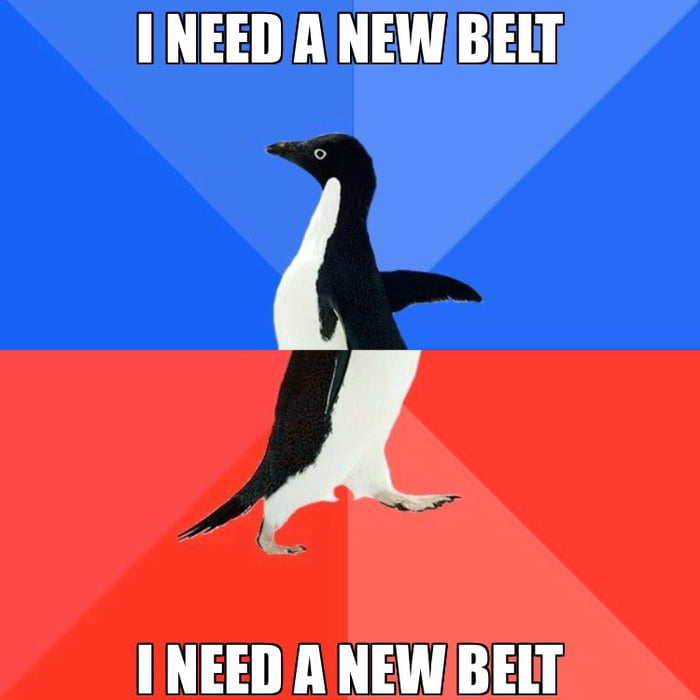 .. and I don’t know what to do. Whether to be with him and endure it (the city is very small, they found a job anyway) or go home and get a normal job, but lose the guy ..
.. and I don’t know what to do. Whether to be with him and endure it (the city is very small, they found a job anyway) or go home and get a normal job, but lose the guy .. #47
Guest
If you see your future husband in him, you are sure that you will be behind him, like behind a stone wall and in good hands, then you cannot lose)
#48
Guest
I endured and one fine day, after another client's cries, I felt bad. I don't remember how I found myself at home. the doctor said it was a panic attack and advised me to quit, otherwise there would be a mental breakdown ... I quit ... but now, when I pass by my last job, every time I feel uncomfortable .... I feel sick and suffocation begins ...
#49
Guests
I've changed 3 jobs in 2 years: I don't let the employer sit on my head.

-
